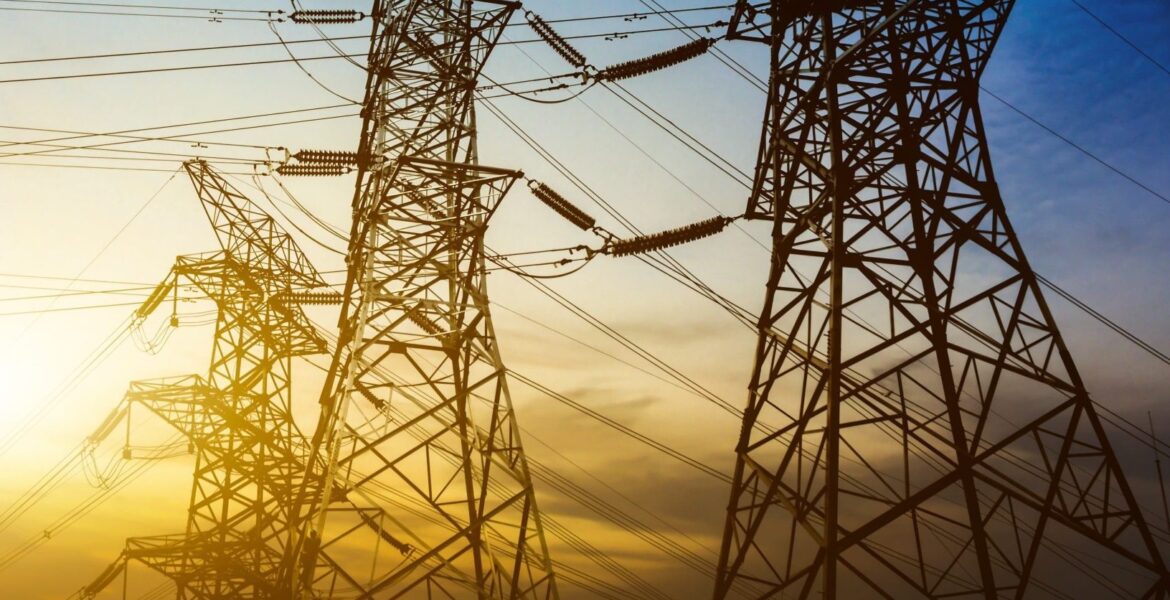President Duma Boko warns of the looming end to decades of state-funded welfare and energy subsidies as government plans new cost-recovery reforms
GAZETTE REPORTER
President Duma Boko has warned Batswana to prepare for the eventual end of decades of state-funded subsidies, saying the country can no longer sustain its costly welfare and energy support systems.
Speaking to Batswana in Switzerland during his official state visit, Boko highlighted the shrinking fiscal space, stating that “resources for funding the social welfare systems are non-existent or very little.”
Using electricity as a key example, the President revealed that the government currently spends approximately US$75 million (P1.027 billion) annually to subsidise power tariffs through the Botswana Power Corporation (BPC). “That’s a huge amount of money; an amount that the country can now ill afford,” he said. Boko added that within two to three years, the government will no longer be able to maintain such subsidies.
POLITICAL RISKS ACKNOWLEDGED
Acknowledging the political risk of the move, Boko said, “People are looking at the government and the President and say, he is going to make electricity more expensive than it has been; it is his problem and his fault. They are watching to see what this President will do because if he makes it higher, we will remove him.”
The warning coincides with the government’s unveiling of the National Energy Compact for Botswana, a policy blueprint that outlines the gradual elimination of electricity subsidies for consumers able to pay cost-reflective tariffs. Under the new system, only low-income households will continue to benefit from a targeted “social tariff” aimed at protecting vulnerable communities.
ENERGY CROSS-SUBSIDIES TO BE PHASED OUT
The plan specifies that by March 2026, aligning with BPC’s fiscal year-end, cross-subsidies between consumer categories will be phased out. The Botswana Energy Regulatory Authority (BERA) will first complete a Cost of Service Study by December 2025 to establish the true cost of electricity supply, paving the way for a multi-year tariff regime by December 2026.
The reforms are part of Mission 300, a World Bank and African Development Bank initiative aiming to connect 300 million Africans to electricity by 2030. The move signals a shift from dependency-driven subsidies toward a sustainable, cost-recovery energy model, a move framed by the government as unavoidable in light of fiscal realities.

